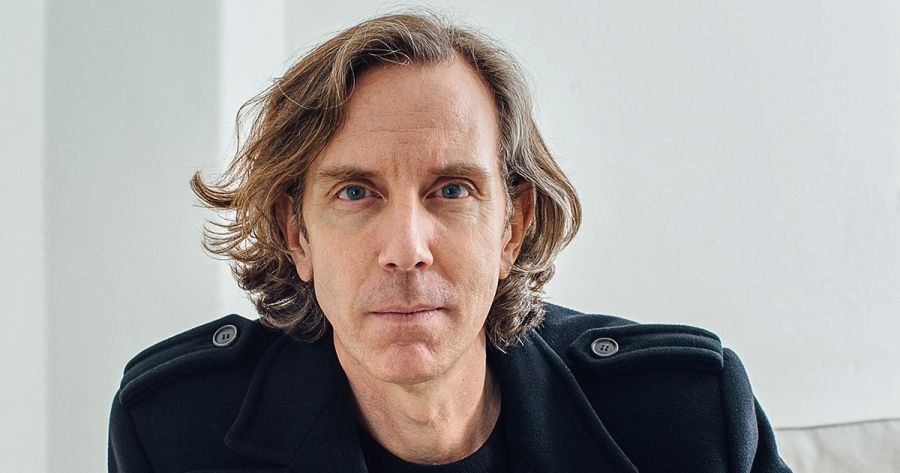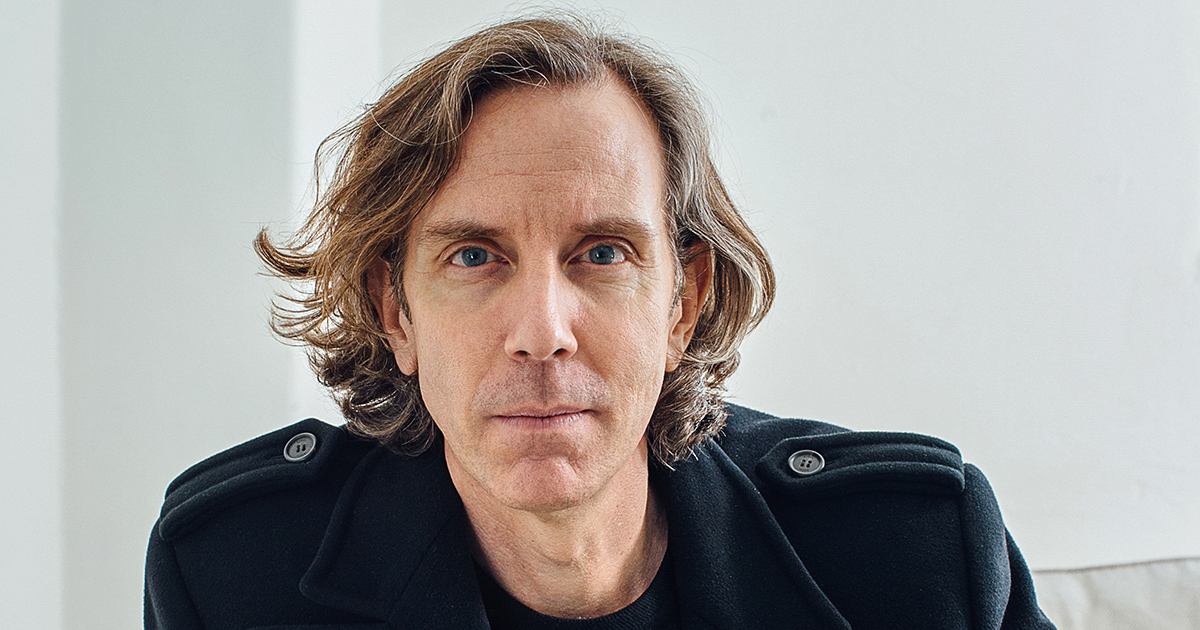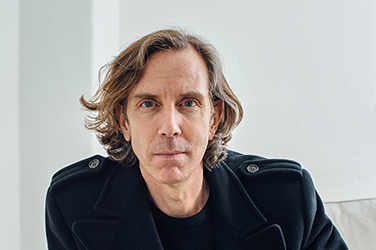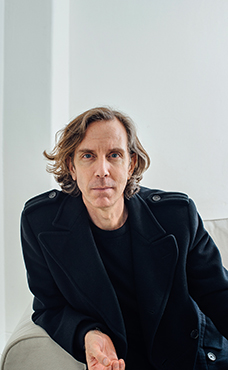
- Free Article: No
- Contents Category: Poet of the Month
- Custom Article Title: An interview with Dan Disney
- Review Article: Yes
- Article Title: An interview with Dan Disney
- Online Only: No
- Custom Highlight Text:
Dan Disney’s latest books include New Directions in Contemporary Australian Poetry (co-edited with Matthew Hall; Palgrave) and accelerations & inertias (Vagabond Press), which was shortlisted for the Judith Wright Calanthe Award and received the Kenneth Slessor Prize. His individual poems have won numerous prizes, including, most recently, the 2023 Peter Porter Poetry Prize. Disney teaches in the English Literature Program at Sogang University, in Seoul.
- Article Hero Image (920px wide):

- Featured Image (400px * 250px):

- Alt Tag (Featured Image): Poet of the Month with Dan Disney
What prompts a new poem?
A desire to explore for language’s myriad contingencies. The trick is to find a way to ‘stretch’ the material interestingly, for interesting reasons.
What circumstances are ideal for writing poetry?
Silence; a well-cleaned space; a good pen and excellent paper; an empty expanse of time.
Roughly how many drafts do you produce before ‘finishing’ a poem?
Working to the logic that suggests ‘there is no such thing as a wrong poem, but the trick is to get things working as interestingly as possible’, by the time a draft moves from paper to computer screen, it is more or less finished. Unless there is a line or image that doesn’t work well: in which case, the poem takes years.
Which poet would you most like to talk to – and why?
The young William Wordsworth: so that we could walk together. And the old Wordsworth: so that I could ask what on earth turned him so unashamedly into a Tory.
Do you have a favourite Australian poetry collection?
It often changes, but one recently published book I keep returning to out of a deeply felt sense of admiration and astonishment is Jaya Savige’s Change Machine (UQP, 2020).
Who are the poetry critics you most admire?
In Australia, Ali Alizadeh’s Marx and Art (Rowman & Littlefield, 2019) is an excellent and timely provocation; similarly, I adore the courage, acuity, and intelligence of Martin Harrison’s Who Wants to Create Australia? (Halstead Press, 2004); Philip Mead’s ideas are central to the discourse, and his Networked Language (Australian Scholarly Publishing, 2008) remains seminal and revelatory.
What do poets need most: solitude or a coterie?
My wife says (approvingly) that in a previous life I was a monk. So, both!
If Plato allowed you to keep one poem or poetry collection in his Republic, what would it be?
Sean Bonney’s Our Death (2019) is a tool with which to renew thinking; it is a terrifically strange, sometimes brutal, sometimes hilarious book. Bonney was militant, and the real deal, and we lost him far too soon. Given that this book’s argument is essentially against any modern manifestation of those authoritarianisms Plato sought to concretise, I think Bonney would be profoundly bemused to know someone wants his book inside Plato’s city-state.
What are your favourite lines of poetry?
Tomaž Šalamun’s (translated) aphorism always stays with me:
Little robin
bones pinned to the cosmos.
Who whistles? Who calls?
How can we inspire greater regard for poetry among readers?
With some exceptions (presidential inaugurations, Twitter poets breaking records, poems as highly profitable NFTs, etc.), poetry in a post-textual age is becoming even more marginal. In our so-called ‘Fourth Industrial Revolution’, social dimensions are shifting paradigmatically; poets need to remain savvy and alert to possibility. In Australia, the recent spate of proposals (viz. ‘Creative Australia’) are extremely exciting, and I am inclined to reverse Walt Whitman’s fiat: to have great readers, perhaps there must be great poets too. I am excited to see so many intelligent, structural possibilities coming into play right now (poet laureate, etc.). In Australia, these are important steps towards raising both the visibility of and regard for poetry and its poets.



Comments powered by CComment